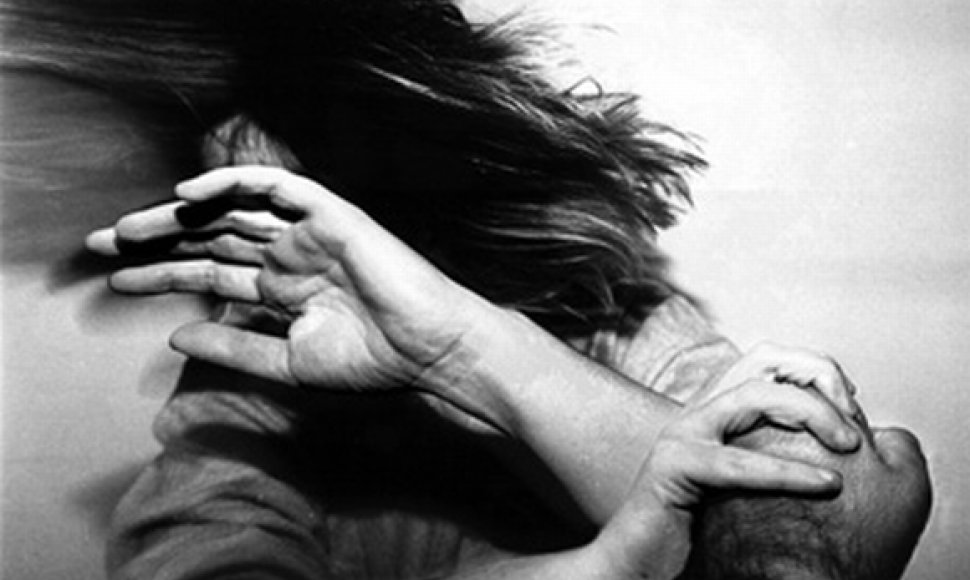FEMM Chairman Mikael Gustafsson expressed hope that Lithuania would join the convention.
Meanwhile some Lithuanian NGOs and conservative lawmakers see the convention as a threat to family because it employs the term "gender".
"There's a positive position to sign it, and the Ministry of Foreign Affairs and the Presidential Office will soon make the decision which minister will sign the convention, but the decision to sign the convention has been made. There's a working group focusing on transposition of the convention's specific provision into national law. But in terms of the gender, gender identity issue, we have progressed from a negative to neutral position," Bitinas said at the meeting.
At a press conference at the Lithuanian parliament last month, former Minister of Social Security and Labor Rimantas Jonas Dagys said there were aspects of the convention which posed threat to family.
The MP was critical about the term "gender" which is defined in the convention as "the socially constructed roles, behaviors, activities and attributes that a given society considers appropriate for women and men."
The Convention on preventing and combating violence against women and domestic violence was adopted by the Committee of Ministers of the Council of Europe on May 11, 2011, in Istanbul. 25 countries have signed the convention and three have ratified it.












